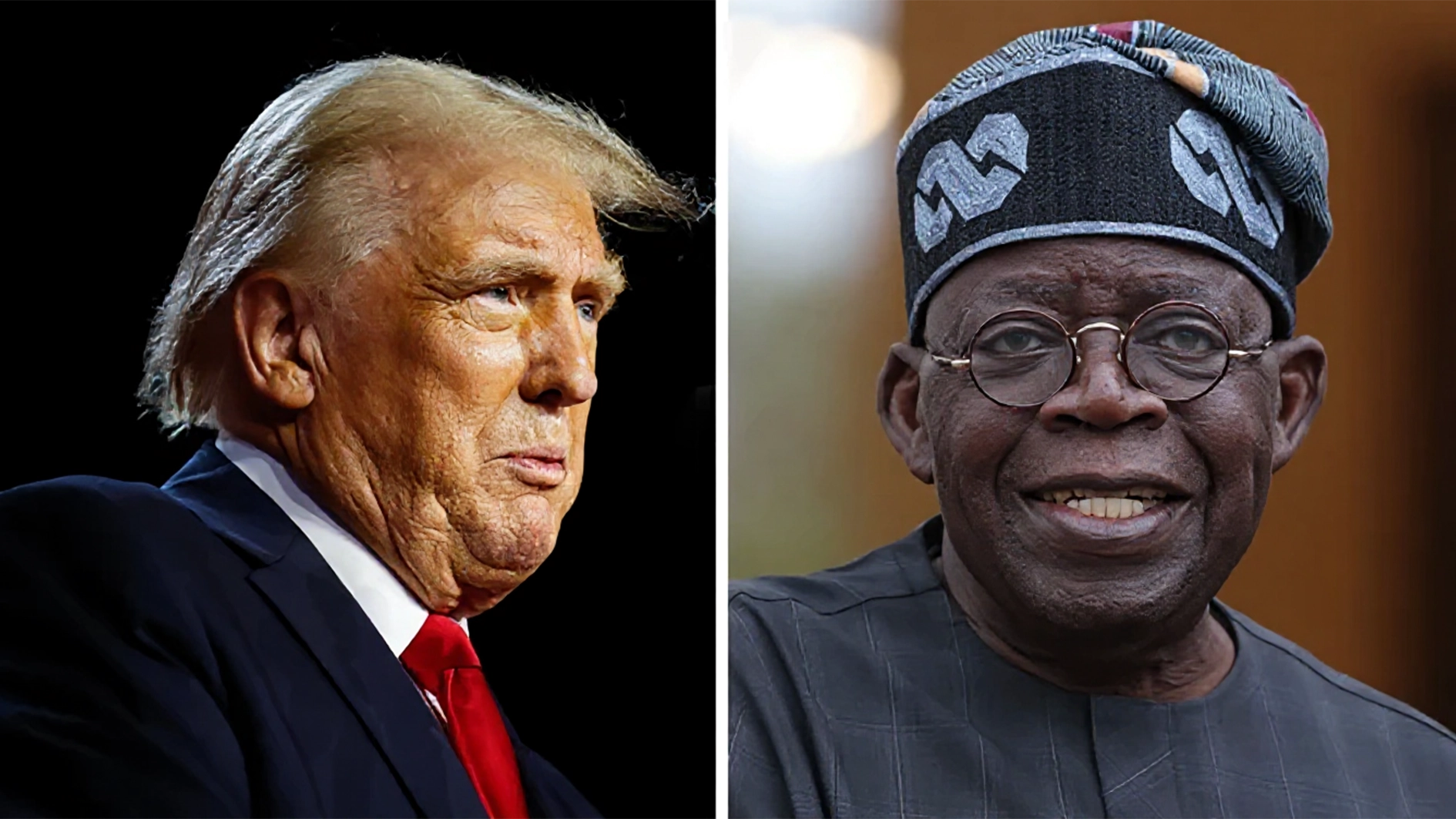
• Wants N’Assembly poll first, presidential last
• Dissenters walk out, say move anti-Buhari
Intrigues ahead of next year’s general election took a fresh twist, yesterday, with the Senate’s approval of a new sequence for the polls.
The schedule released by the Independent National Electoral Commission (INEC) had fixed presidential and National Assembly elections for Saturday, February 16, 2019, while governorship and state Assembly elections come up Saturday, March 2, 2019.
The Senate, however, reversed the order, demanding the National Assembly election come first while the presidential hold last.
The move, which caused a split between proponents and opponents of Section 25 of the Electoral Act Amendment Bill, sparked an uproar and a walkout by dissenting legislators.
The National Assembly Conference, which harmonised differences between the versions passed by the Senate and the House of Representatives, had barely presented its report for ratification when the antagonism began.
Many senators initially faulted the presentation by the Chairman of the Committee, Senator Suleiman Nazif (APC, Bauchi), on the ground that copies had not been distributed.
Senate President Bukola Saraki solved the problem by asking Nazif to pass the copies around, as the presentation went on. But it returned as a bigger storm a few minutes later when the question to adopt the report or not was tabled.
Although Saraki ruled in favour of adoption, some senators kicked.
Ovie Omo-Agege (APC, Delta), Kabiru Gaya (APC, Kano) and a few others called for a division to enable physical counting of lawmakers for or against the new sequence.
Saraki ruled them out of order and called for maturity in the handling of sensitive national issues. “We will come and go, but the institution will stay. We need to come up with laws that will build strong institutions. Let us not be personal about this. Let us behave like statesmen. We have procedures on some of these things,” he appealed.
He added: “There are many bills we have passed. If there are issues, there are mechanisms we can use to resolve them. I have allowed everybody to contribute. But I think we need to move to the next item in the Order Paper.”
But his overture was rejected. Some members of the ruling All Progressives Congress (APC) stormed out of the chamber almost immediately and moved into the Senate Press Centre to voice their grievances at a media briefing.
Abdullahi Adamu (APC, Nasarawa), a former Nasarawa State governor and Chairman of the Northern Senators’ Forum, led the nine protesting senators.
Faulting the adoption of the election sequence clause, they claimed the inclusion of Section 25 (1) was targeted at President Muhammadu Buhari.
They contended that the action of the National Assembly breached the constitution, which they claimed empowered only INEC to fix dates for elections. They also alleged that the process was rushed to achieve predetermined motives.
“Considering the strategic importance of the bill, it does not need to be rushed. So many members of the committee did not sign. We need to know why they did not. I believe that the content of the bill is not fair. We need to be fair. Why the rush? I will not be part of it,” said Adamu.
Andrew Uchendu (APC, Rivers), who accompanied Abdullahi, said the amendment would not stand. Omo-Agege, who also briefed the press, claimed 59 out of 109 senators were opposed to Section 25 (1) of the amendment, insisting that the leadership of the Senate did not follow due process before adopting the report.
He said: “When this bill was passed in the House of Representatives, only 36 members were present. This cannot stand in a House of 360 members. This amendment needs to be debated before it is passed. We are supposed to determine if the decision of the House is in tandem with what the Senate passed. That was not done. We cannot stand and allow a law passed against Mr. President to stand.”
But in a separate briefing, Nazif alongside Senate spokesman, Aliu Sabi Abdullahi, countered the dissenters. He displayed a copy of the report bearing his signature. He also dismissed the insinuation that the report targeted Buhari.
Nazif said: “The sequence of election came from the House of Representatives. The Senate only adopted what the House passed. I signed on the report. I am not aware if the sequence of the election is targeted at somebody. I did my job as the chairman of the committee on INEC.
“For the avoidance of doubt, this bill with the inclusion of section 25 (1), which makes provision for a sequence of election different from the one earlier rolled out by INEC, has not in any way violated any provisions of the laws governing the operations of the electoral body.”
Abdullahi noted: “This sequence in which the presidential election was held last had been adopted in past elections, particularly in 1979 when election to the Senate was conducted on July 7, followed by the House of Representatives election on August 14.
“Also, in 1992, the Senate and House of Representatives elections were held on July 4, while the presidential was held later on June 12, 1993. In 1999, elections to the Senate and House of Representatives were held on February 20, while the presidential was held February 27.
“In 2003, the National Assembly election was held April 12, while the presidential held April 19. Similarly, in 2011, National Assembly elections held on April 9 while the presidential held April 16.”
Also, the Chairman of the House Committee on INEC, Edward Pwajok (APC, Plateau), said: “The sequence of election provision in the bill is not targeted at anybody but is aimed at further giving credibility to the electoral process by way of giving the electorate the opportunity to vote based on the individual qualities of candidates vying for National Assembly seats.
“On whether it would be assented to or not by the president, as far as we are concerned, remains in the realm of conjuncture for now. But if such eventually happens, we will know how to cross the bridge.”
A member of the committee, Dino Melaye (APC, Kogi), explained: “Contrary to reports and comments by some Nigerians on the re-ordered sequence of election, the National Assembly has not overlapped its boundaries.”
[ad unit=2]






